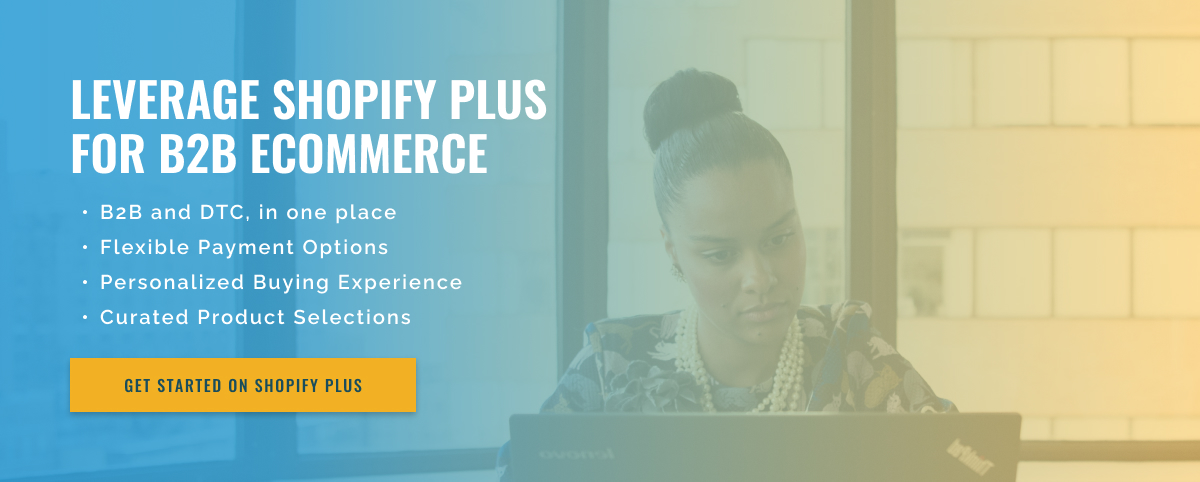3 minute read
Power Up Your B2B Business with Shopify’s Analytics Tools
For B2B sellers, access to robust analytics tools is essential to growing their business and making data-driven decisions. One platform that stands out in the world of eCommerce is Shopify. While many associate Shopify with B2C companies, the platform also offers a wide range of analytics tools designed specifically for B2B sellers.
Above all, Shopify’s reporting and analytics provide merchants with valuable insights into their sales, customer behavior, and marketing performance. The platform offers numerous reports, including product, sales, and customer reports, that help B2B sellers understand their company’s performance and areas for improvement. These reports allow sellers to track best-selling products, identify their most valuable customers, and measure the effectiveness of their marketing initiatives.
Additionally, Shopify offers advanced segmentation tools that enable merchants to categorize customers based on their behavior, preferences, and purchase history. This allows B2B sellers to better understand their customers and adapt their marketing activities accordingly. The platform also provides customer lifetime value (CLV) analysis, which helps sellers identify their most valuable customers and develop strategies to retain them.
Another valuable analytics tool that Shopify offers is its inventory management system. B2B sellers often have to deal with larger inventories, making it difficult to track inventory levels and fulfill orders. Shopify’s inventory management system allows sellers to easily monitor inventory, set alerts when stock levels are low, and manage multiple warehouses. This feature helps B2B sellers ensure they never run out of stock and can fulfill orders quickly.
In addition to these tools, Shopify also offers a powerful marketing analytics dashboard. This dashboard allows sellers to track the performance of their marketing campaigns, including email, social media, and SEO strategies. It also provides insight into website traffic, conversion rates, and customer engagement. With this data, B2B sellers can adjust their marketing efforts to better reach their target audiences and generate more sales.
Finally, Shopify integrates seamlessly with several third-party analytics tools like Google Analytics and Facebook Pixel, giving merchants even more data to analyze and optimize their business. With these tools, B2B sellers can gain comprehensive insight into their business performance and make informed decisions that drive growth.
To summarize, Shopify offers a comprehensive set of analytics tools designed specifically for B2B sellers. From customer analytics to inventory management and marketing analytics, these tools provide valuable data that helps B2B sellers improve their operations, increase revenues, and achieve business goals.

